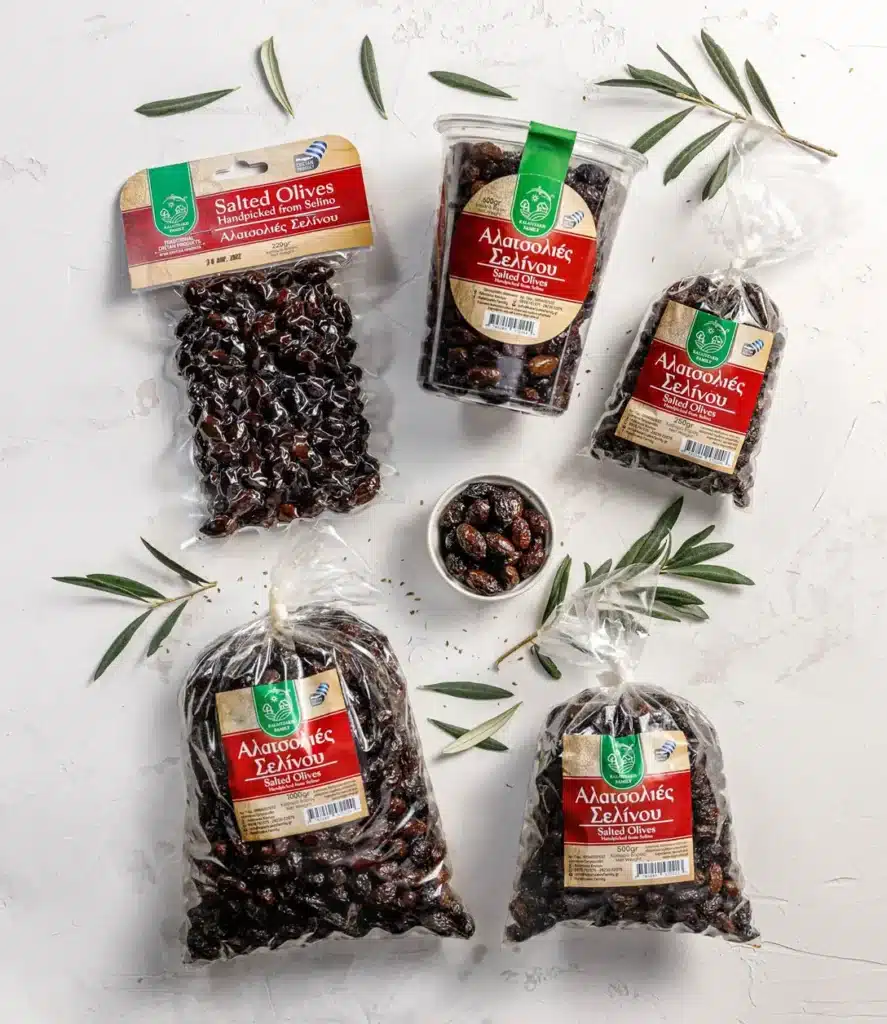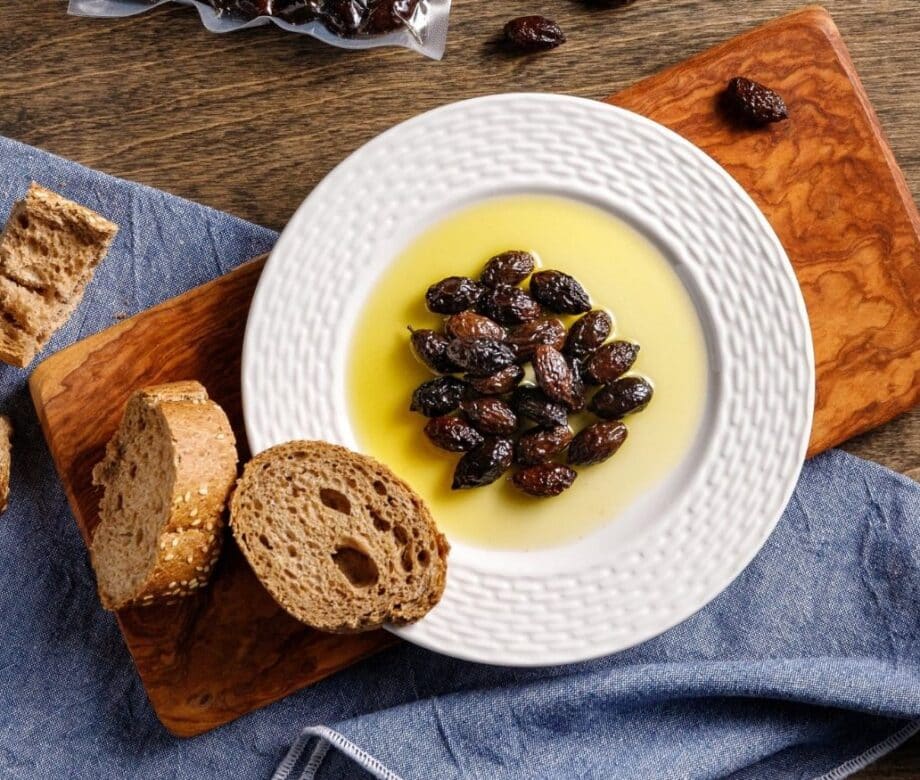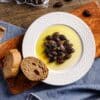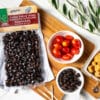The Cretan edible olive has always been more than food — it is a living part of our island’s heritage, connecting generations through taste, memory, and tradition.
The edible olive was never a negligible food for the Cretan people. Cracked, preserved in water with lemon and salt, pickled in vinegar, or salted — it was always found on the tables of working people and farming families. As a nutritional supplement rich in calories and taste, it completed the variety of dishes, which were mostly “foods of necessity,” prepared with the ingredients that nature generously offered and that housewives, with great knowledge and respect, collected. Both children and adults, working through the hardships of everyday life, became companions of this flavor, and the short break in the fields was necessary and sacred. Over time, olive preparation became an art, as it was done not only with knowledge but also with love and the awareness that the prepared olive would become the subject of praise among fellow diners. It even acquired a meaning of heartfelt connection between people, as the expression “we have shared bread and olives” has remained until today, revealing how this poor and simple food combination had emotionally bound people in times of need. Through the passage of time, the authenticity of the prepared product never lost its value. After all, all traditional flavors of Crete are connected with foods of necessity, those prepared with few, simple, and primary ingredients of the Cretan land. Let us not forget Theophrastus, who wrote about Crete: “Dry and arid lands, yet bearing the richest of aromas…”
With the same love and respect, we continue what we learned from our parents and grandparents, and our satisfaction is to see in your eyes the joy from the taste we offer you. Our helper is also the region of Selino in Chania, known for its distinctive olive flavor in the tsounato oil and in the edible olive. We also share an old mantinada, humorously sung by our wise folk, which personified the preference of taste with the timeless value of women and their role in the family. Back then, family life relied on cooperation: the man as the provider, and the woman as the one who gathered and prepared the harvest.
Better to have salted olives
than the juicy green ones,
better ten young maidens
than forty old women…
This text was entrusted to us by a dear friend of our family business, a man of letters, who wished to capture in words the importance of the olive in Cretan life and tradition.
Today, the Cretan edible olive remains authentic, tied to the land and our memories. For the Kalaitzakis family, our greatest joy is to continue this tradition and to see the delight in your eyes every time you taste our olives.
👉 Discover more on our products page











